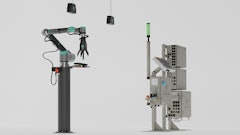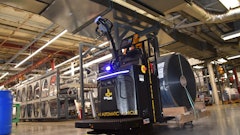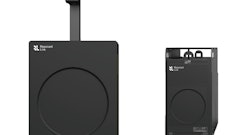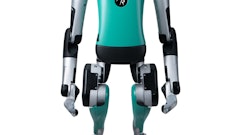A Northern California woman is suing PepsiCo. Inc., Tropicana's parent company, asking a jury to decide whether adding flavoring and aroma makes the company's "100 percent natural" claims for its Pure Premium brand deceptive and misleading.
Tropicana orange juice is "heavily processed" and made with additives that change the essential nature of the juice, the lawsuit claims.
It is not "100 percent pure and natural" as advertised and consumers are being deceived by the company's marketing campaign, says the suit, which is seeking class action status.
Tropicana says it isn't violating the trust consumers have placed in its products.
"Our juice is safe, nutritious and Tropicana remains committed to offering great-tasting 100 percent orange juice with no added sugars or preservatives," said Tropicana spokesman Gina Judge. "We take the faith that consumers place in our products seriously and are committed to full compliance with labeling laws and regulations."
In the suit, filed Jan. 6 in the US District Court, Eastern Division in Sacramento, consumer Angelena Lewis charges the juice is not fresh.
"Angelena purchased Tropicana orange juice for her family based on the representations made on the product label," said her attorney, Sarah Westcot. "Tropicana recognizes that consumers have a preference for fresh natural products and seeks to capitalize on that preference by representing that their orange juice is 100 percent natural and made from fresh oranges. My client would not have purchased the juice if she had known what went in to making it."
The suit also claims that Tropicana charges more for its premium brand and people infer that since it is in the refrigerated section, it is fresh-squeezed.
Tropicana has 21 days to respond once it is served with the suit. A dollar amount in damages sought has not been set.
"We have no way of knowing what the damages are without further discovery," Westcot said.
The judge will be asked to certify that it is a class action suit and, if so, consumers will be notified they are part of the suit and entitled to a portion of any judgment award.
Shortly after the case was filed, Tropicana along with competitor Minute Maid said they had found fungicide in their products due to contaminated imported juice from Brazil. Tropicana, previously, had announced it was going to transition to all US produced fruit. A few days after the fungicide reports, Tropicana announced it had switched.
Other suits related to the fungicide contamination and deceptive advertising claims have since surfaced, Westcot said.
"Most likely they will be consolidated and transferred into one case," she said. She believes the fungicide issues strengthen her case.
"It just shows that consumers are not being told what is in their orange juice and they are not sure where their oranges are coming from," she said.
Thomas Woods, a Sacramento product liability and consumer protection attorney with Stoel Rives, was familiar with the Tropicana case and said it is one of a number of "All Natural" cases in California where consumers are challenging product claims.
"Plaintiffs are challenging claims by food manufacturers that all natural is not accurate," he said.
They cover products from cereals and ice creams to cooking oils and margarita mixes. "They say the labels are deceptive because they are not 100 percent natural product."
Most of the cases are still pending or have settled out of court, Woods said.
There is no formal definition by the Food and Drug Administration of what "all natural" means, Woods said, which has caused ambiguity and the suits trying to fill that void.
Source: The Bradenton Herald, FL



























